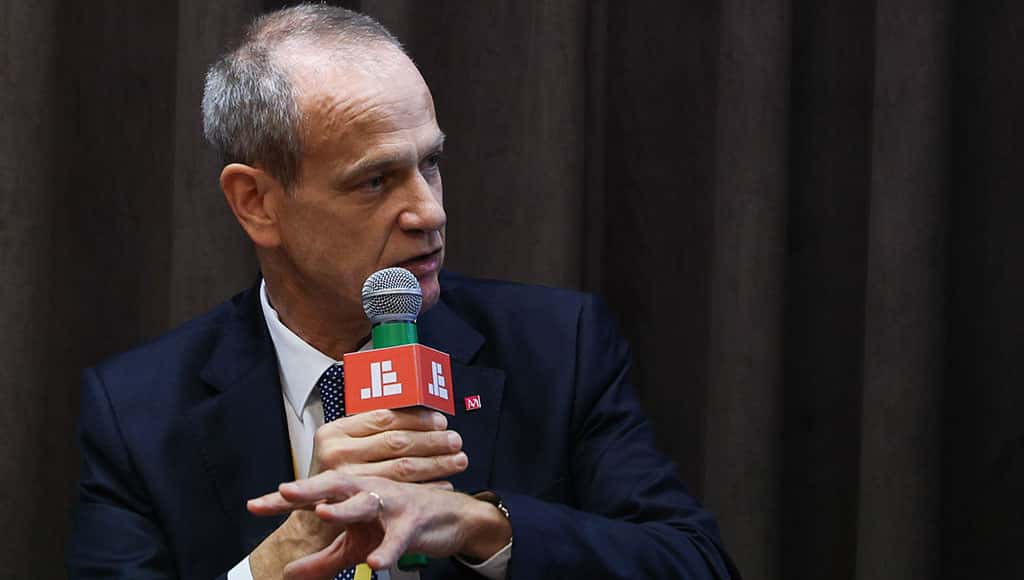“What happened (government’s fall) is exactly what we didn’t need”
Chairmen of the main banks in Portugal expressed their “discontent” at the political crisis in the country saying “instability” could disrupt “our stable economy”. They were speaking at the Fórum Banca conference in Lisbon on Wednesday.
“What happened (government collapses after a motion of confidence was rejected) was everything we didn’t need. Instability is bad for the system,” said Montepio chairman Pedro Leitão.
For the chairman of Santander Totta, Pedro Castro e Almeida, “it’s like a car race and the Portuguese car pulls over every lap”.
Castro e Almeida considered that, despite the current economic stability and the fact that “private individuals, people and companies that create wealth and growth” continue to invest in Portugal, if these situations (political crises) continue, they will erode the economy.
The chairman of BCP, Miguel Maya, said he was ‘optimistic’ and that the “quality of Portuguese entrepreneurs over the last decade shows that the country can be trusted”.
“I’m feeling very calm about the Portuguese economy. To say that we prefer stability to instability is so obvious that it is ridiculous,” said Maya.
Harsher words came from the chairmen of BPI and Crédito Agrícola.
Licínio Pina, from Crédito Agrícola, considered the state of politics to be “degrading” and predicted that “there will hardly be any people of quality who want to hold public office, given the demands imposed on the person and their family”.
João Pedro Oliveira e Costa, from BPI, questioned whether it was even worth voting – “Is anyone even listening to us?”
The chairmen of Caixa Geral de Depósitos and Novo Banco were not present at the conference, wrote Lusa.
On Tuesday, the Portuguese parliament rejected the AD goverment’s motion of confidence, causing it to fall amidst concerns that ongoing political crises could affect the country’s economic performance.
Today, President Marcelo Rebelo de Sousa is meeting with the various political parties with parliamentary seats at the Belém Palace to discuss the political crisis and the scenario of an early election.
Marcelo had signalled that if the motion of confidence was rejected, causing the government to fall, the ‘electoral calendar’ would point to mid-May for an early election.
Source: Lusa




















